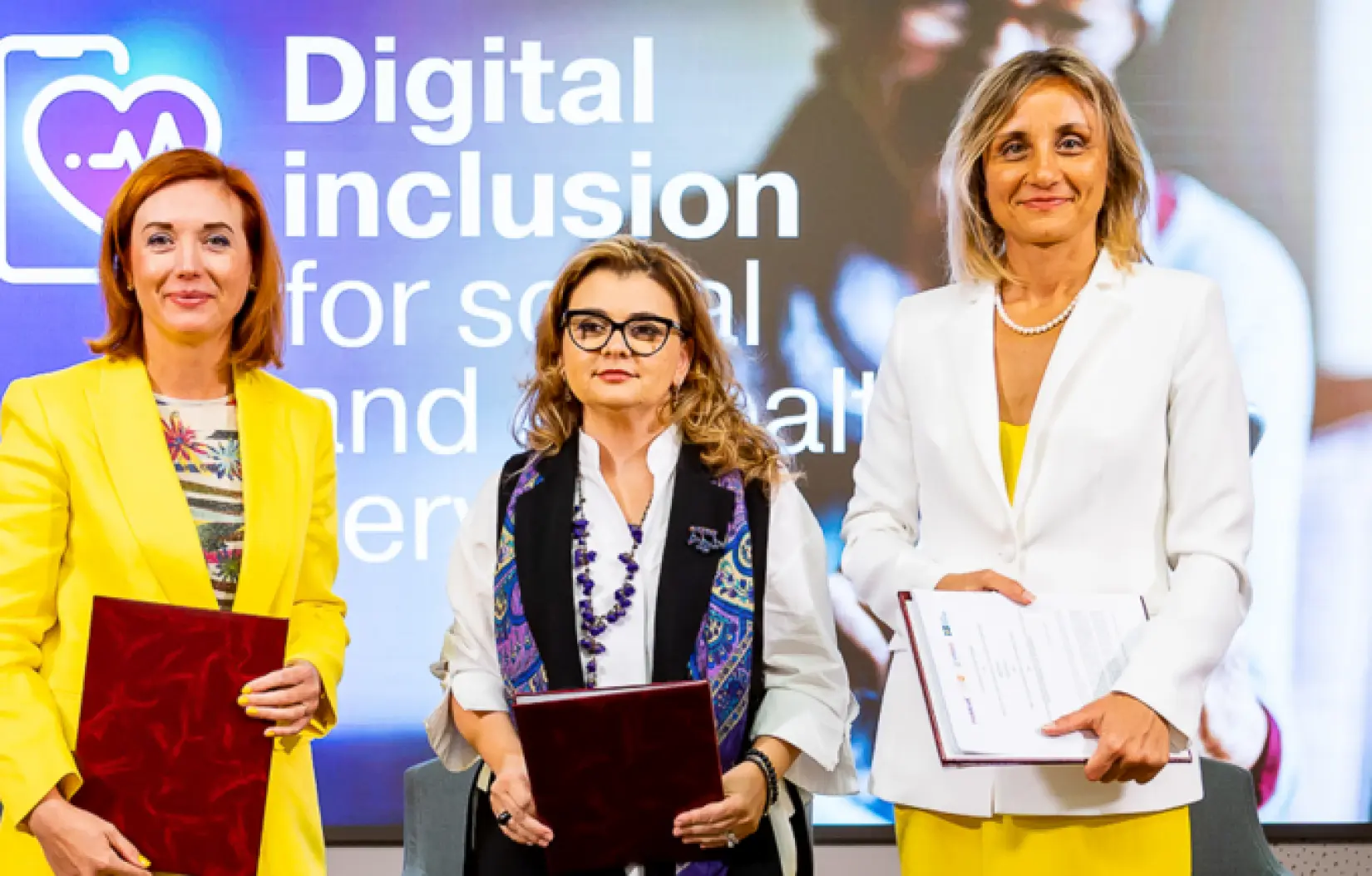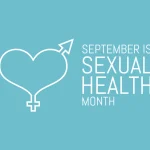Digitalized sexual health services wouldn’t be trusted by young people,study shows
Digital services such as texting services and anonymous applications could change how people engage with sexual health services. According to the latest research by Cardiff University, people wouldn’t trust them. Research has found that digital health services have a lot of potential for helping young people feel comfortable sharing about their sexual health. There are several issues with what most young people would expect and desire from these services but at this point, they wouldn’t trust them.
Dr Clare Bennett says, “Young people under the age of 25 experience a disproportionate rate of STIs— because of this, young people’s sexual health is considered a priority health issue,”
“Internationally, health systems are shifting towards digitally-mediated care to meet the health needs of populations, and sexual health services have been at the forefront of these changes.”
“Young people continue to underutilize sexual health care in both face-to-face and virtual services. We aimed to understand what could be done to increase engagement with sexual health services.”
By working with a number of sexual health services from three English NHS Trusts in urban, coastal and rural locations in addition to conducting research with teenagers between the ages of 16-18 years in full-time education based in England and Wales researchers from Cardiff University set out to understand perceptions of digital sexual health technologies and firsthand experience that nurses had when offering these services.
The research showed that while nurses thought that digitalizing services would help young individuals overcome barriers to treatment like embarrassment, young individuals don’t people don’t trust online services and have unrealistic expectations about what they can provide.

“Young people expressed specific expectations and wanted choice explo a need for a service that was available 24 hours a day, seven days a week, with instant responses. They expressed that any system that involved a delayed response would be unacceptable to their age group,” says Dr Bennett.
The research showed that digital services are limited in addressing inequalities of access to sexual health services because of the lack of access to technology among very young people.
“Although digital transformation has permeated into virtually every aspect of daily life, and especially for the lives of young people, we cannot assume digital literacy and access to digital transformation. It’s important to highlight, as services become more digital that there are risks of digital exclusion among those who have limited access, skills, and awareness of digital services.”
“Our research demonstrates that digital platforms and services alone as the young people in this study articulate ”would be insufficient in addressing their needs. Instead, digital services need to form part of the system and not replace traditional face-to-face service provision,”
Findings showed that young people require digital services to be user-friendly and accessible and while digital sexual health services hold the potential to increase engagement from young people, the digital services should be complementary to clinic visits but should not replace them.
Dr Bennet says, “Working with nurses from sexual health clinics, we learned that digital services should act in addition to clinical visits, not replace them. In our research, we found that face-to-face assessment was often necessary, but digital engagement enabled the nurses to build trust to facilitate in-person attendance,”
 1300
1300







